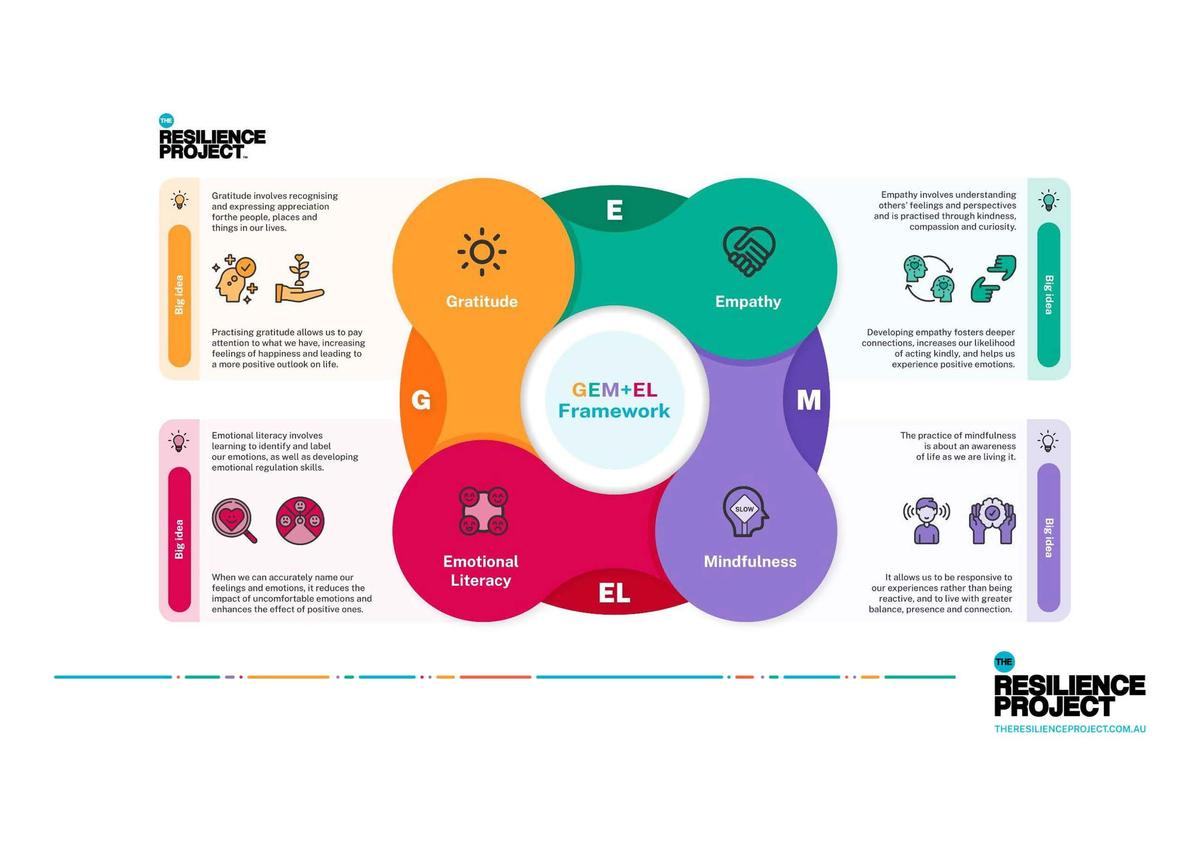Octavia Community
Year 6

Octavia Community
Year 6
Our Grade 6 students recently had an exciting excursion to the Victorian Space Science Education Centre (VSSEC), where they took part in a hands-on space mission experience. They learned all about space exploration and what it would be like to travel to and live on Mars. Dressed in astronaut suits, students took on different roles as they carried out science experiments in a simulated Mars environment. They also had the chance to code and control robots to complete tasks on the Martian surface. It was an unforgettable day that brought their learning about space to life and gave them a taste of what it’s like to be a real space explorer!
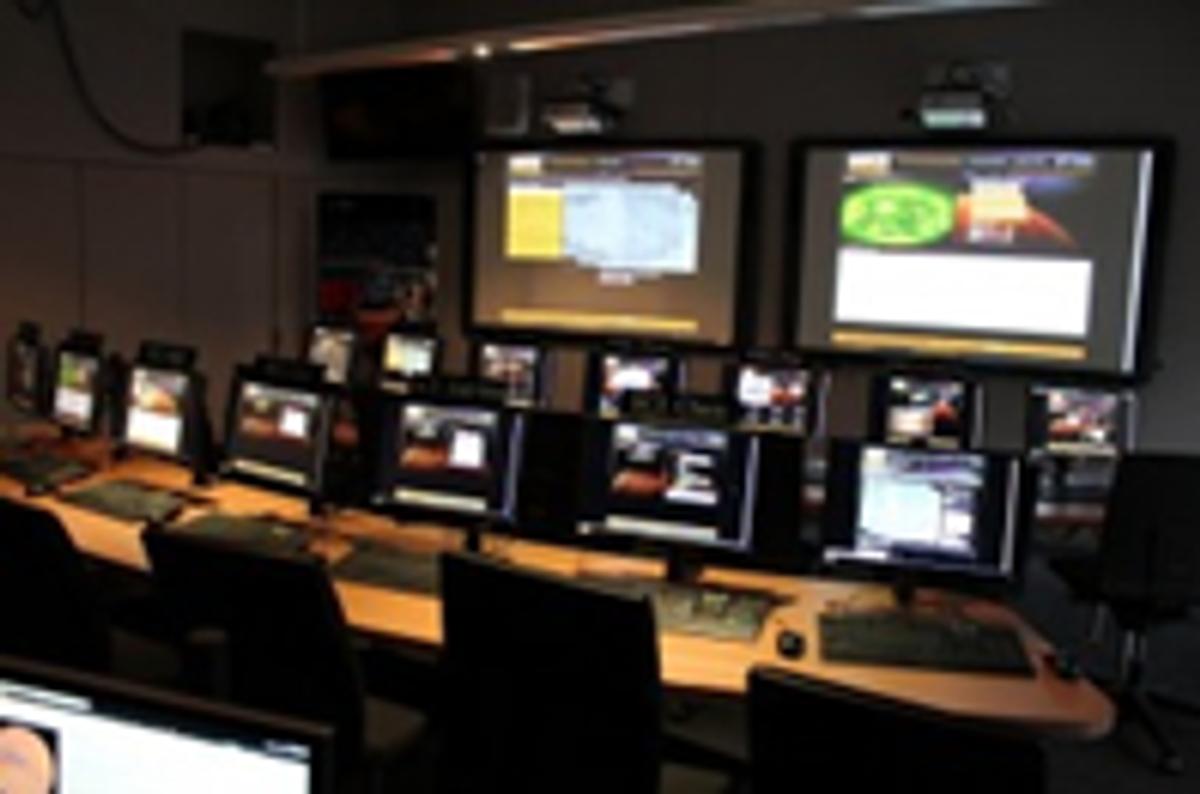
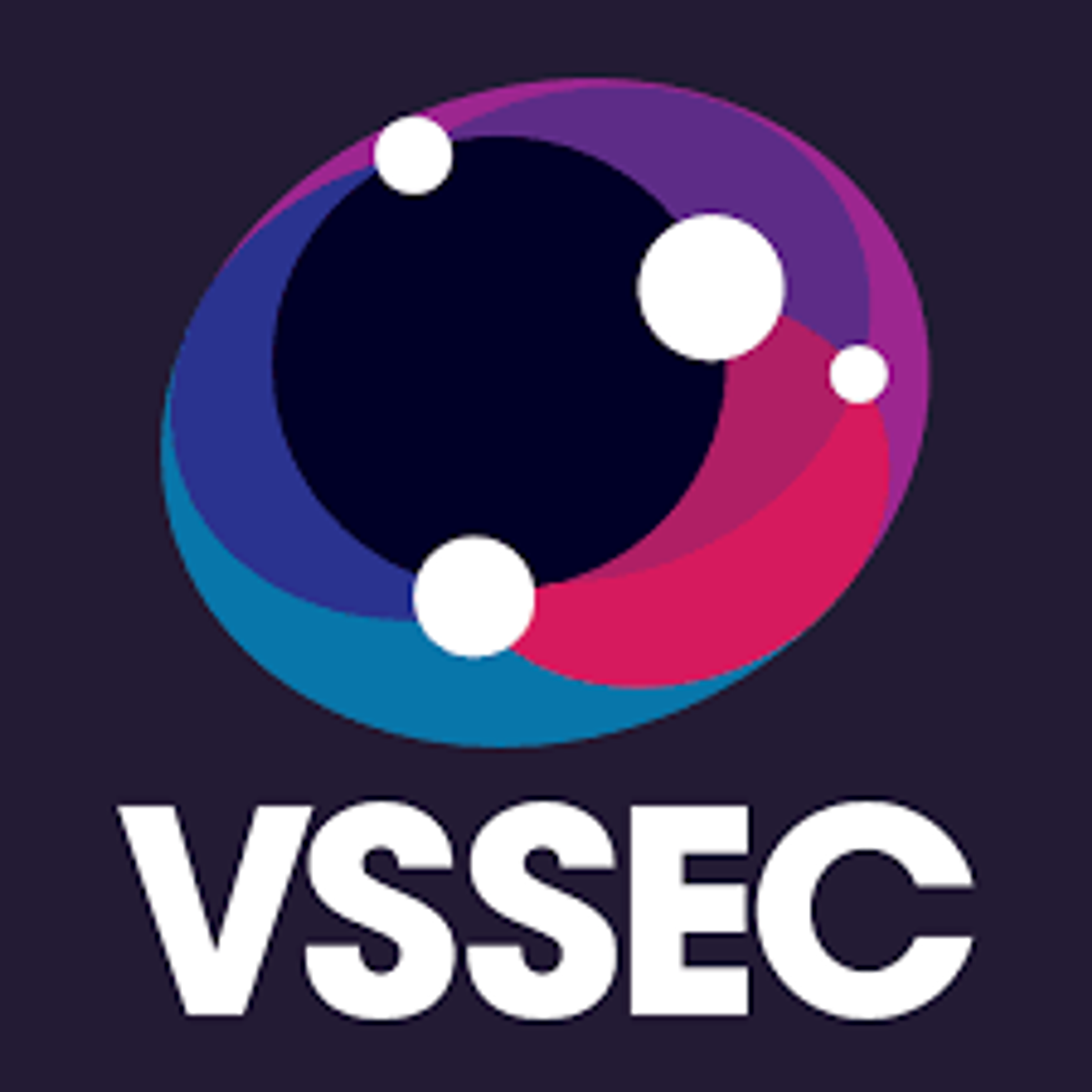


This term in reading, we have been exploring a variety of engaging texts, including My Awesome Summer, Fire, Dry to Dry and Why I Love Summer. Our focus has been on developing a range of comprehension and vocabulary skills. Students have been learning how to summarise and paraphrase information, identify synonyms and antonyms, and explore the meaning of complex words. We have also been working with prefixes and suffixes to understand how they change word meanings. Additionally, we have looked at how tone of voice can shift depending on the genre of the book, and students have had the opportunity to adapt the plot and structure of stories to create their own imaginative versions. It’s been a fantastic month of deep thinking, creativity, and language exploration.
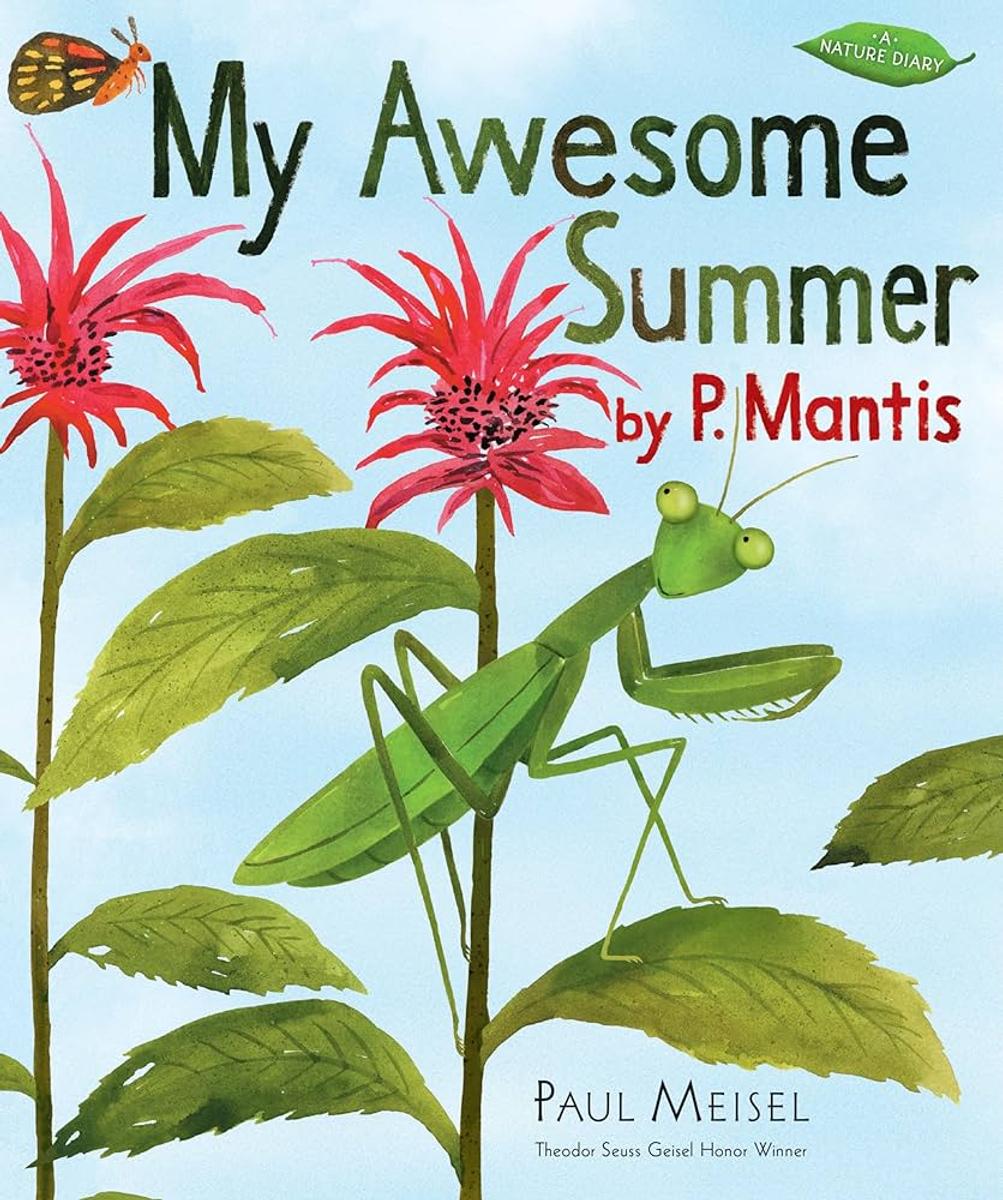
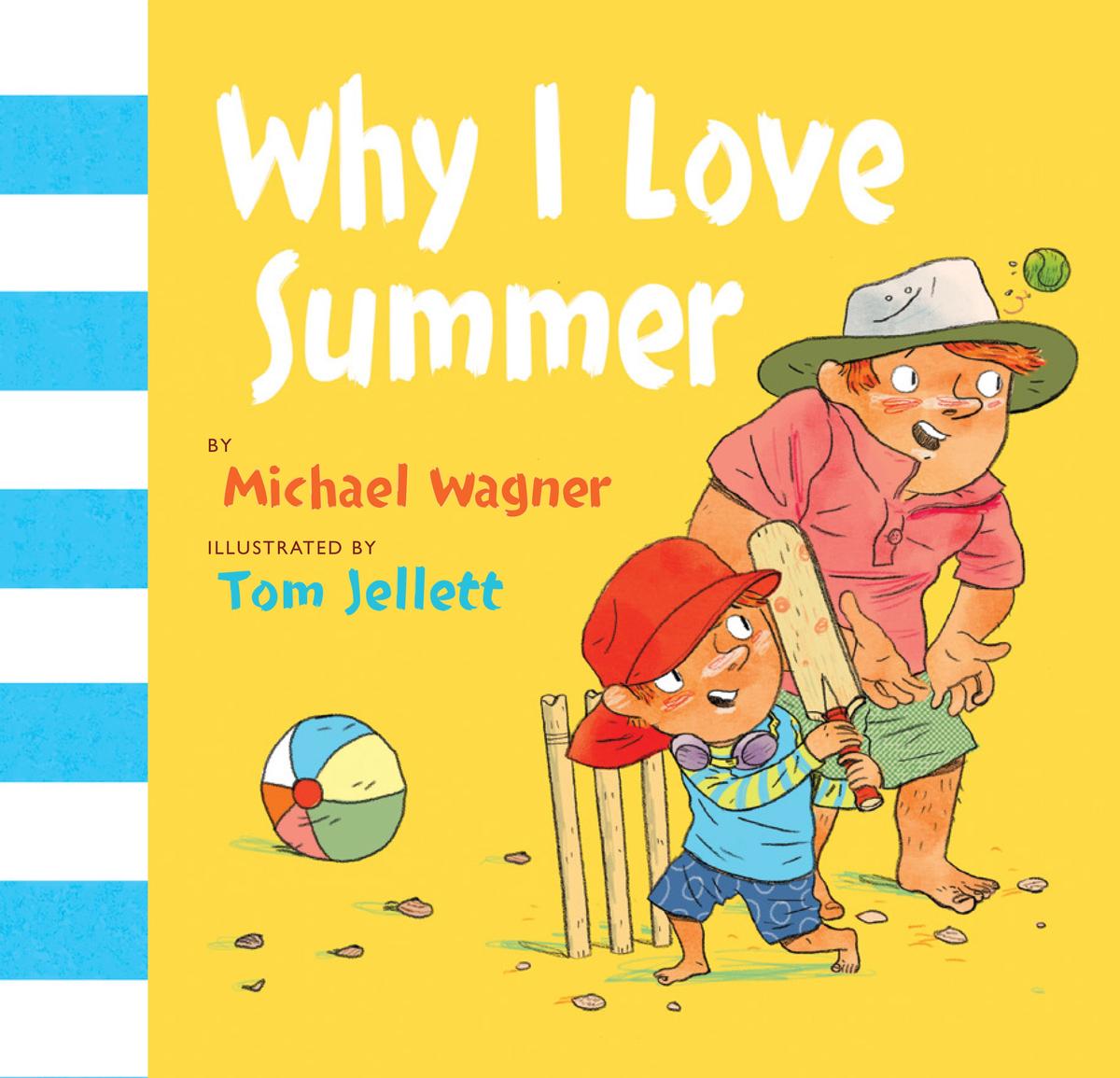
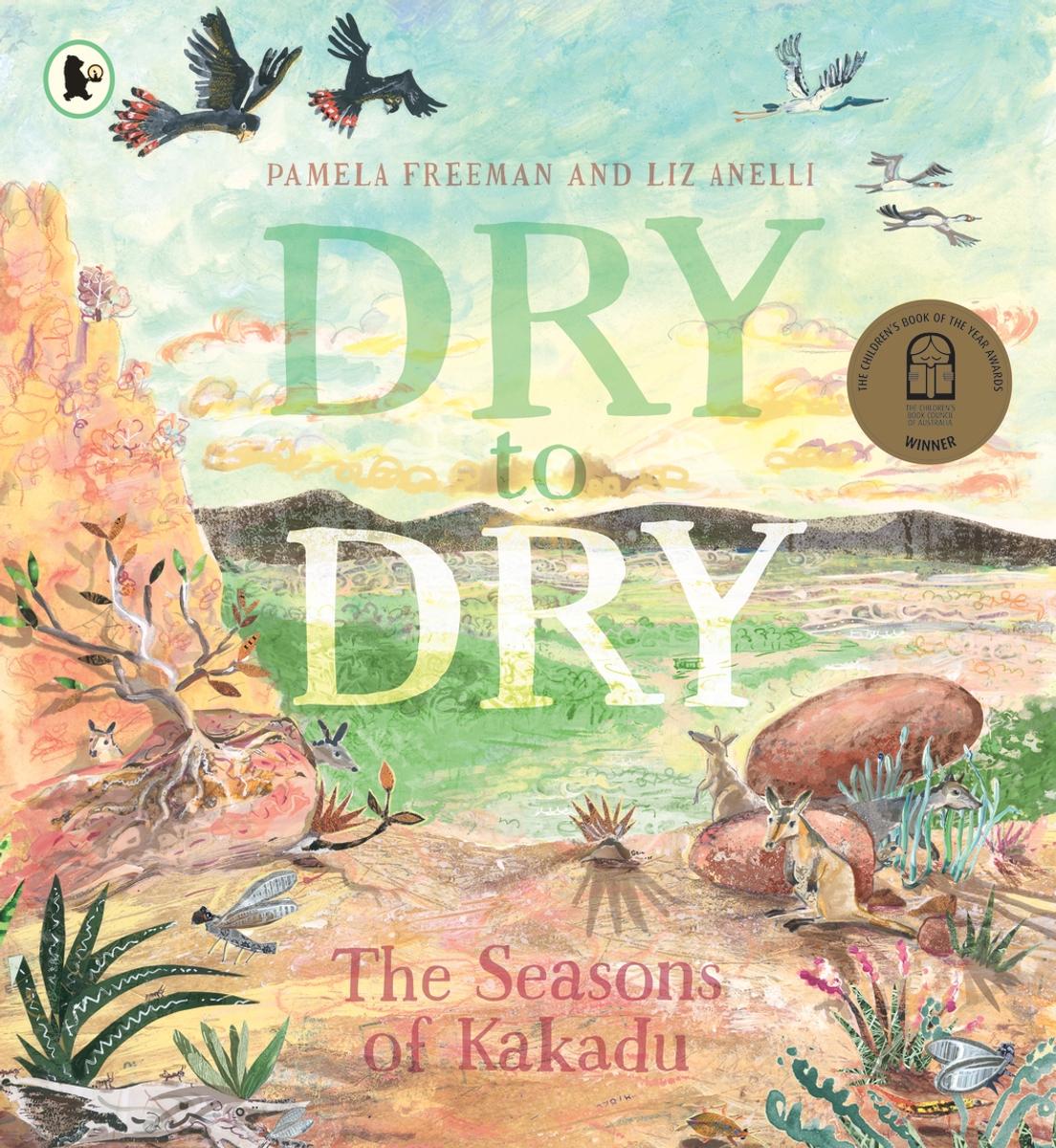
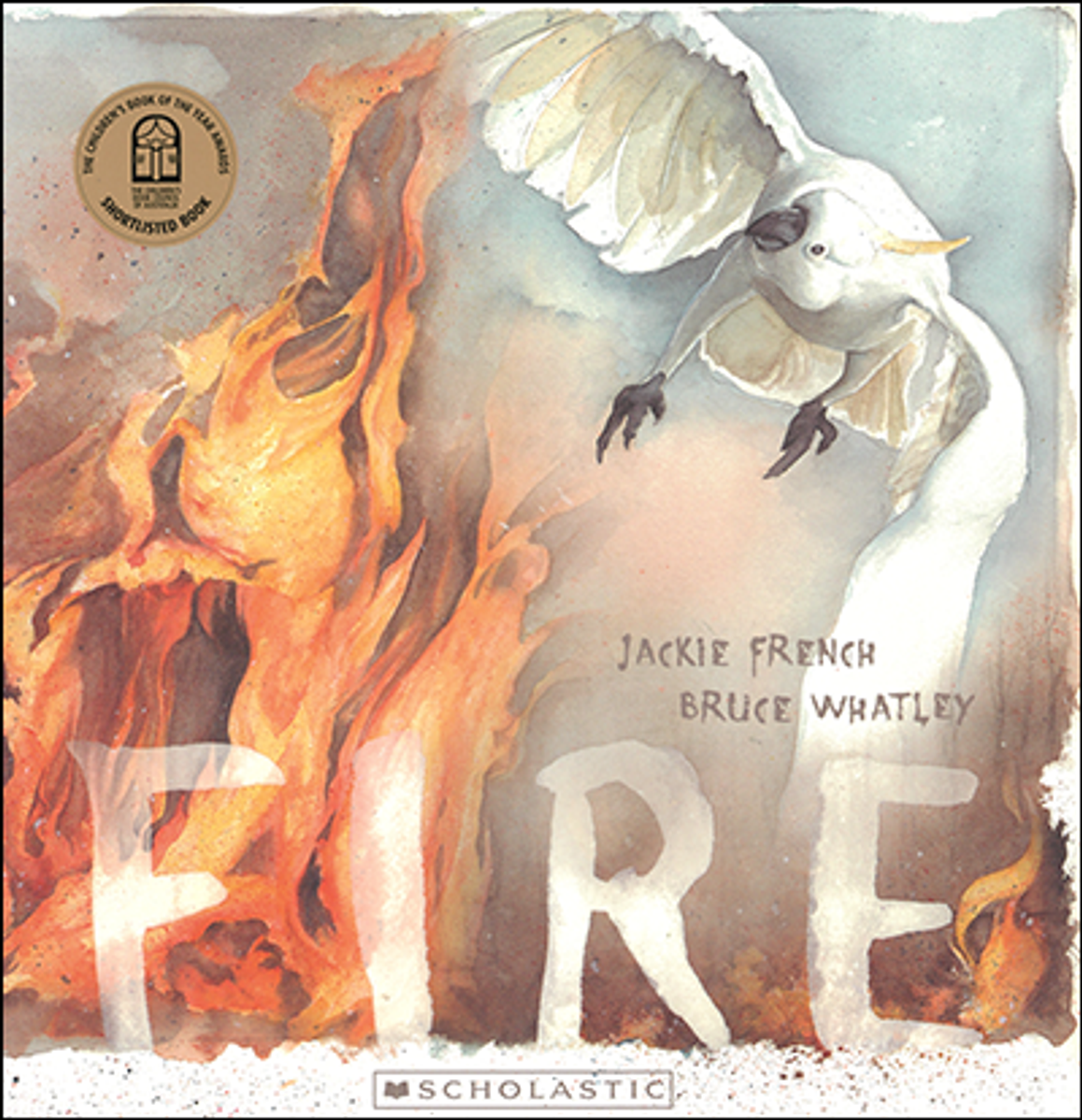




This term, our students dove into recount writing, exploring the different purposes and structures behind historical recounts, newspaper articles and biographies. They learnt how to organise events in chronological order, use past tense when describing the events, and include clear context — who, what, where and when — for historical recounts; to craft punchy headlines, bylines, quotes and eye-witness details for newspaper reports; and to structure biographies around early life, key events and lasting achievements. We also practised subject-specific vocabulary (dates, timelines, source, influence) and journalistic language (lead, quote, fact vs opinion) to make each piece accurate and engaging.
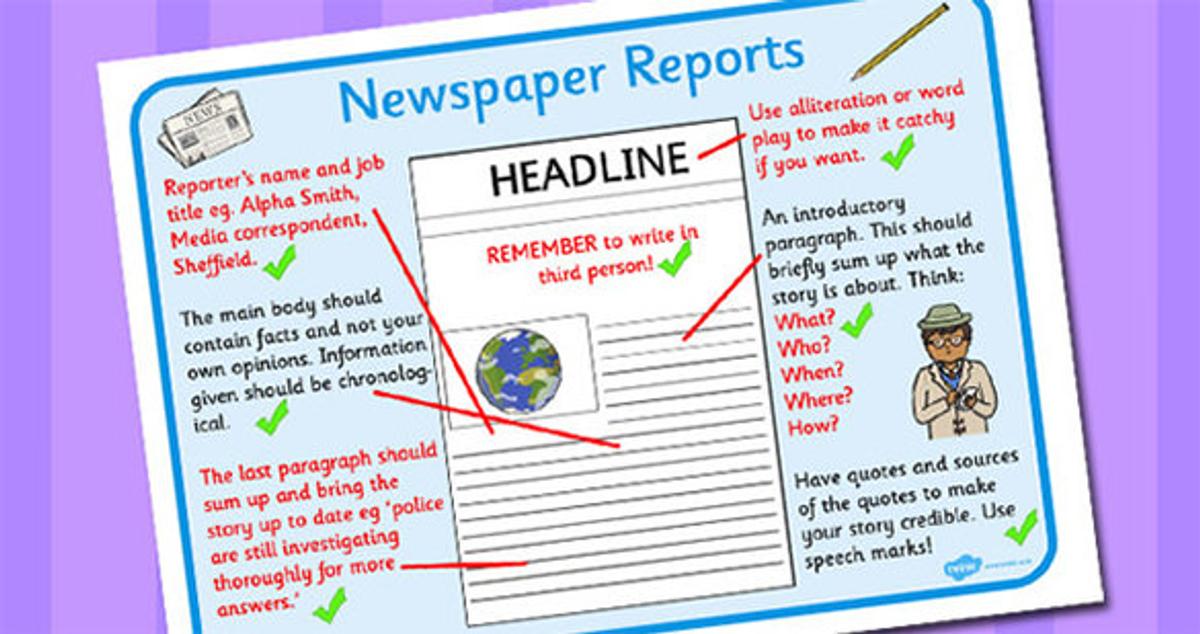
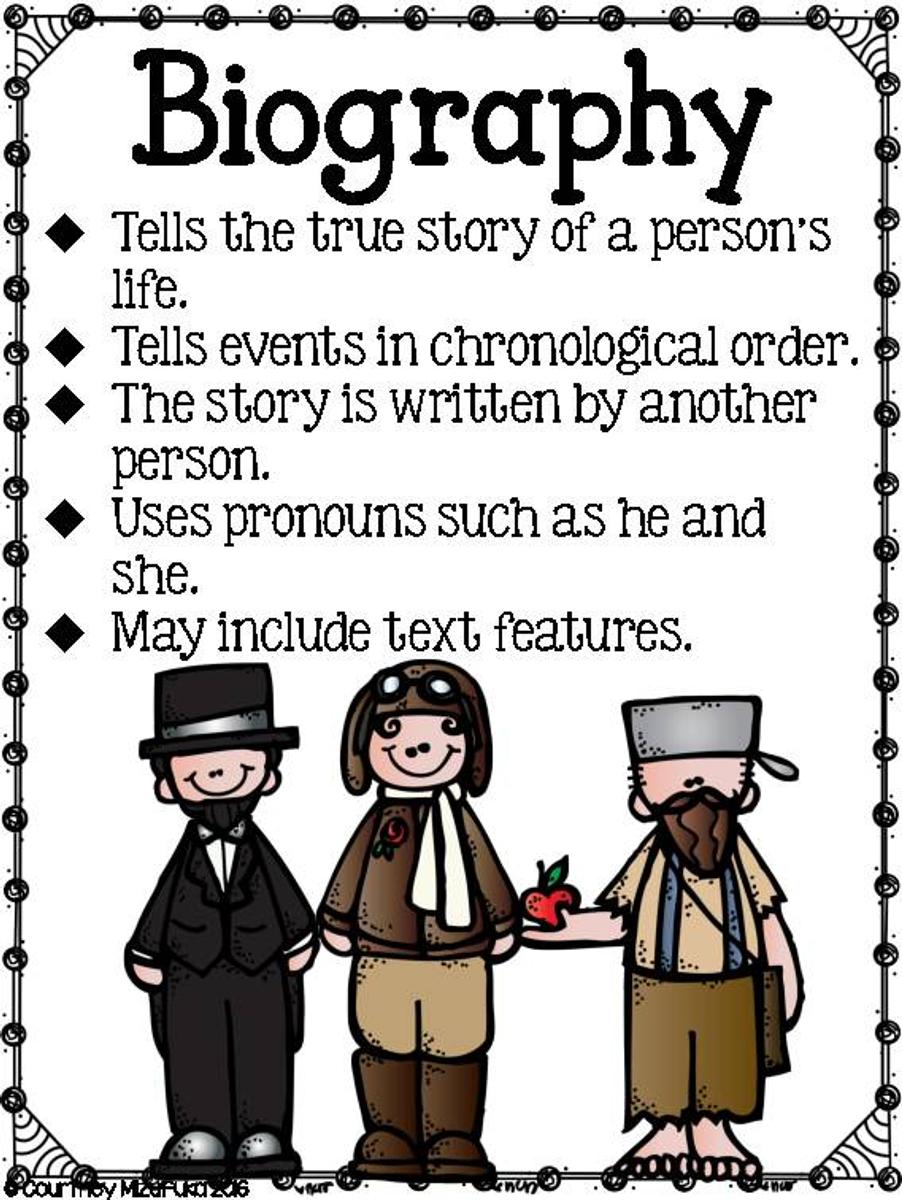
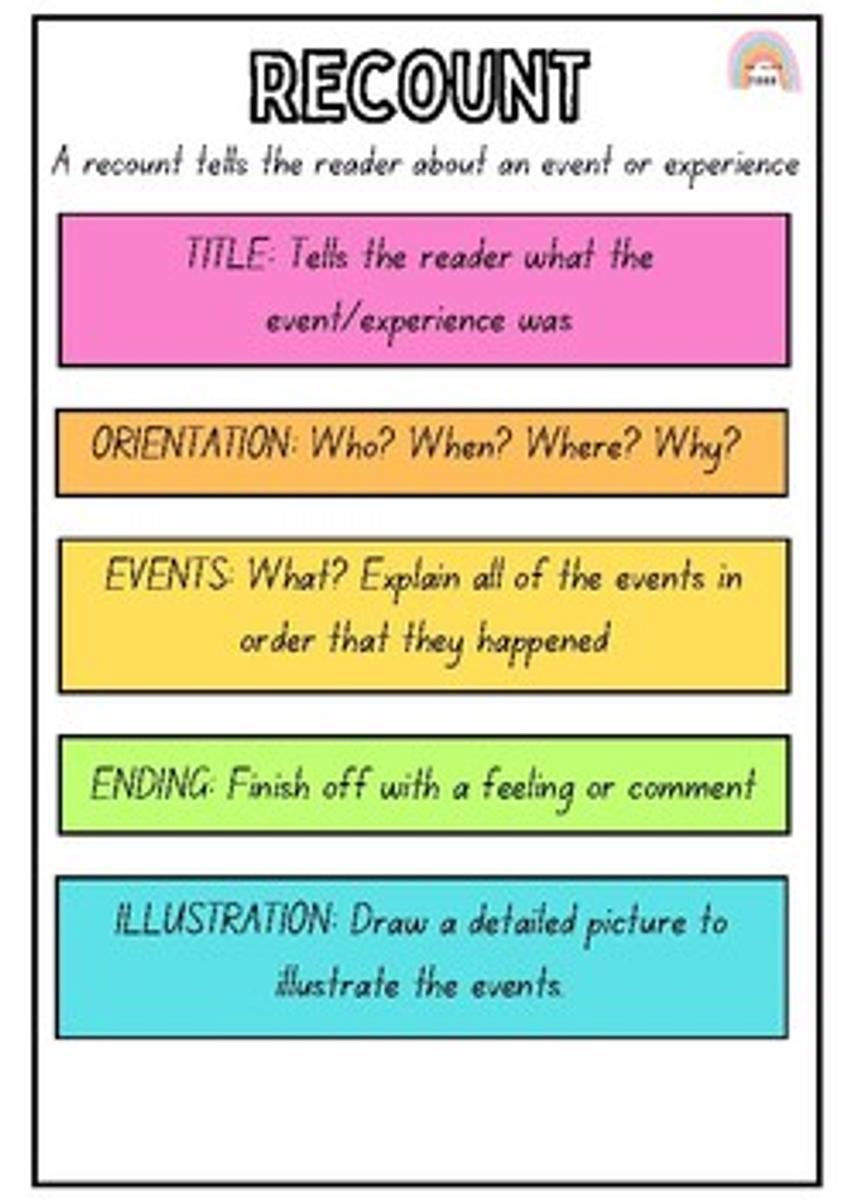



This term, our Grade 6 students have been learning how to solve maths problems using the BODMAS rule, which helps them know the correct order to work out operations like brackets, division, multiplication, addition and subtraction. They’ve been working through fun and challenging activities that encourage them to think carefully, explain their steps, and check their answers. Alongside this, students have also been exploring chance and probability. Through hands-on experiments like rolling dice, flipping coins and picking coloured counters, they’ve learned to describe how likely something is to happen using words like “certain,” “likely” or “impossible.” They’ve also started using fractions and percentages to explain the chances of different outcomes. It’s been fantastic to see their confidence and reasoning skills grow as they apply their maths knowledge in real and meaningful ways.
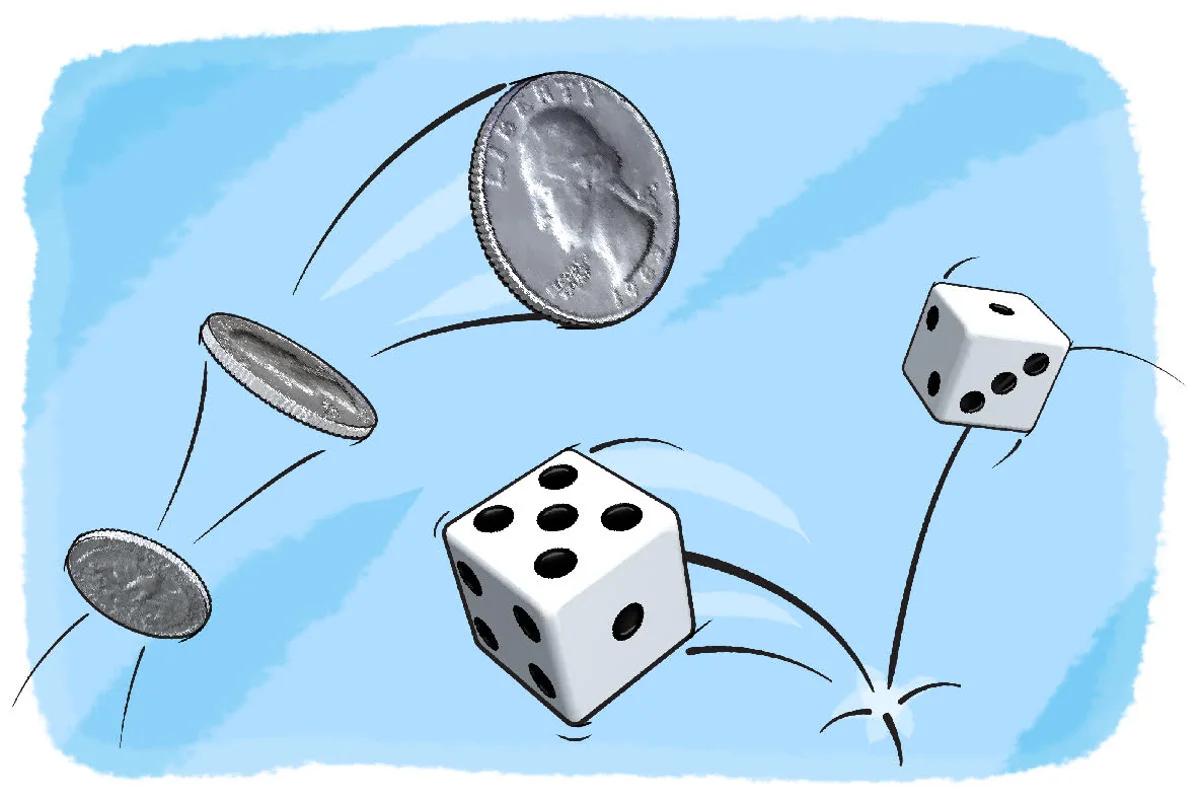
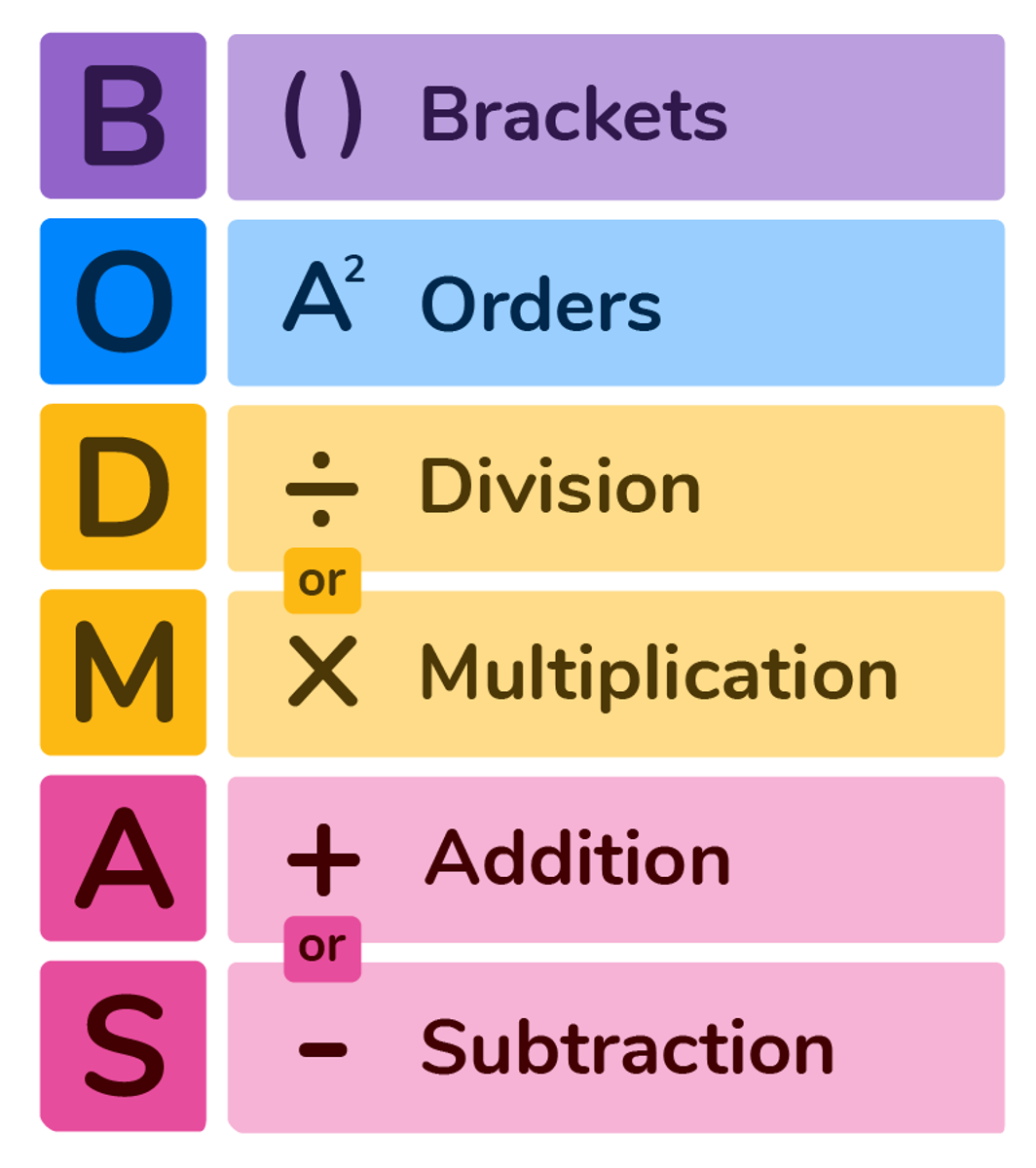
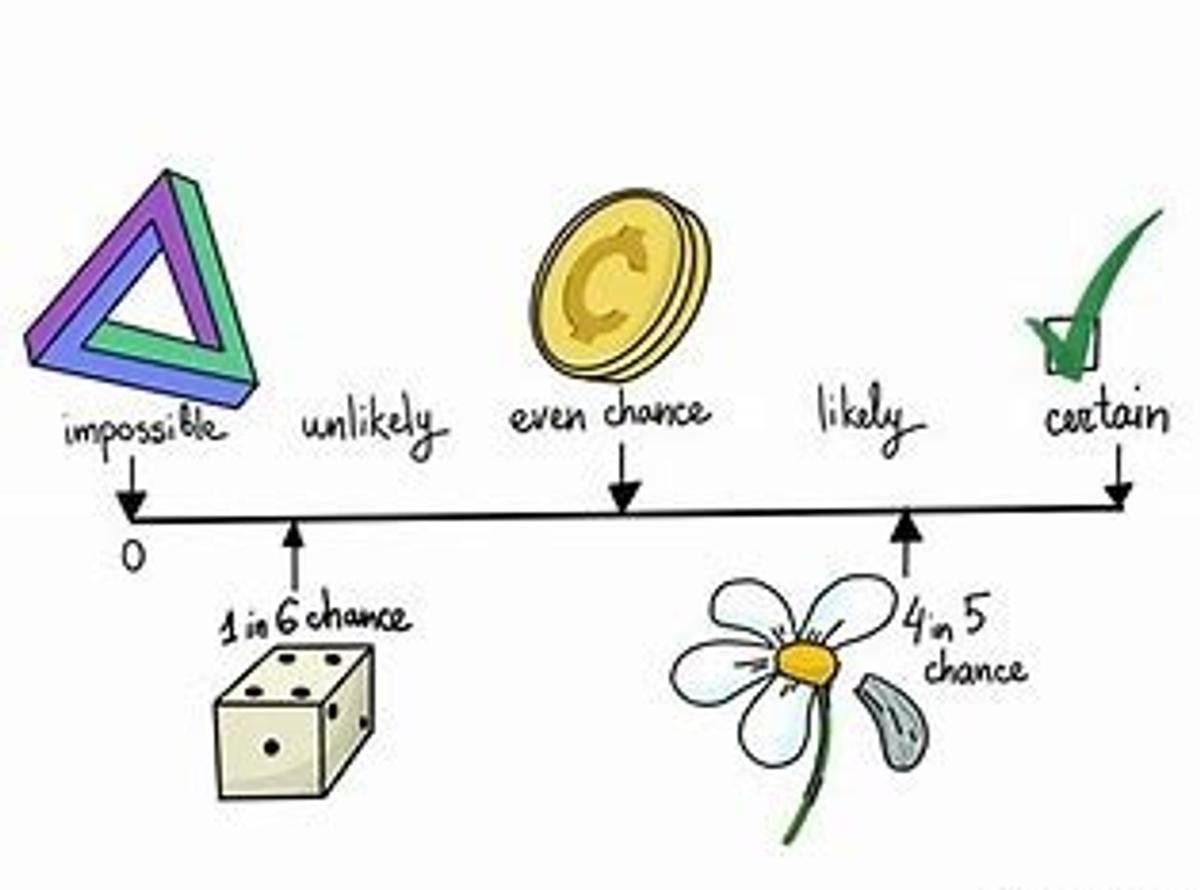



In our Inquiry unit Civics and Citizenship, our Grade 6 students have been learning about what democracy means and how it works in Australia. They’ve explored how our electoral system allows people to vote and have a say in the decisions that affect them. Students have also learned about the importance of key democratic values like freedom of speech and freedom of religion. They’ve had discussions about why it’s important for people to be able to express their opinions respectfully and to follow any religion—or none at all—without being treated unfairly. These lessons have helped students understand their rights and responsibilities as citizens in a fair and democratic society.
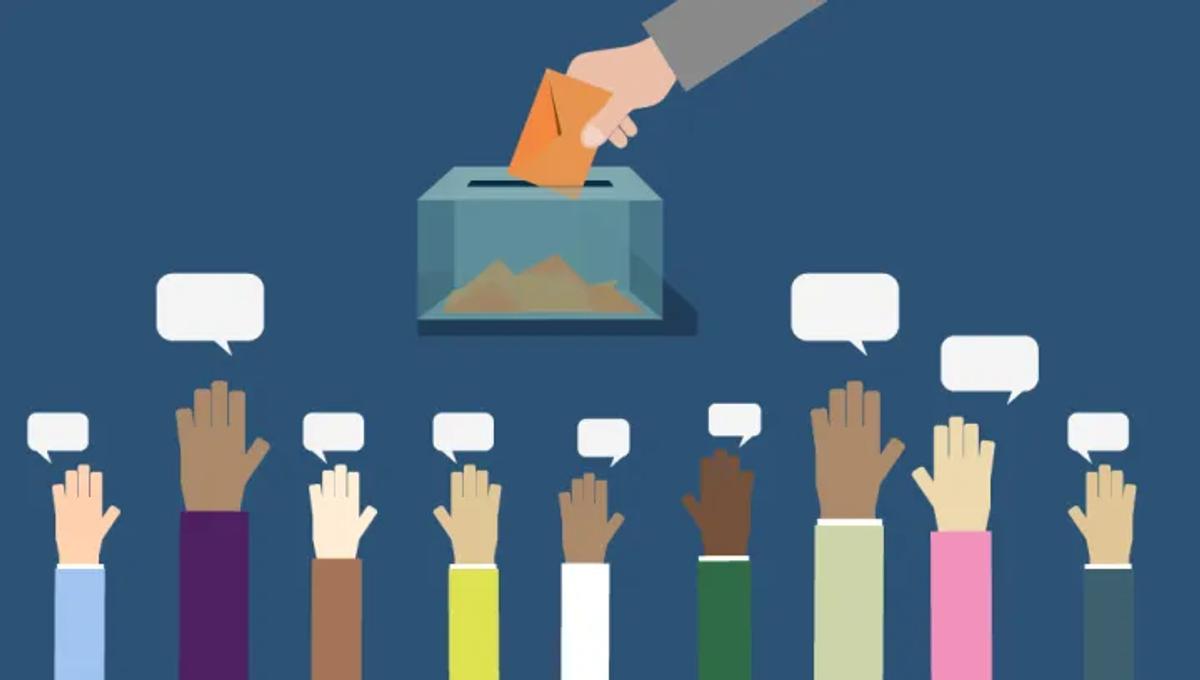

In SEL, students explored important skills for understanding themselves and others. They learned to identify the types of problems they can solve independently, as well as situations where it’s helpful to seek support from peers or from trusted adults. Students discussed how knowing when and where to get help is a sign of strength, not weakness. They also reflected on the idea of purpose — the why behind someone’s life — and how having a clear sense of purpose can guide our actions and choices. The connection between purpose, empathy and kindness was explored, recognising that understanding our own “why” helps us to better understand and care for others. Through personal reflection, students considered their own values, strengths and goals, gaining deeper insight into who they are and how they can make a positive difference in the world.
